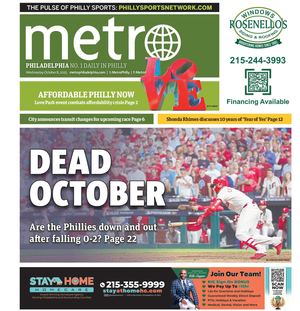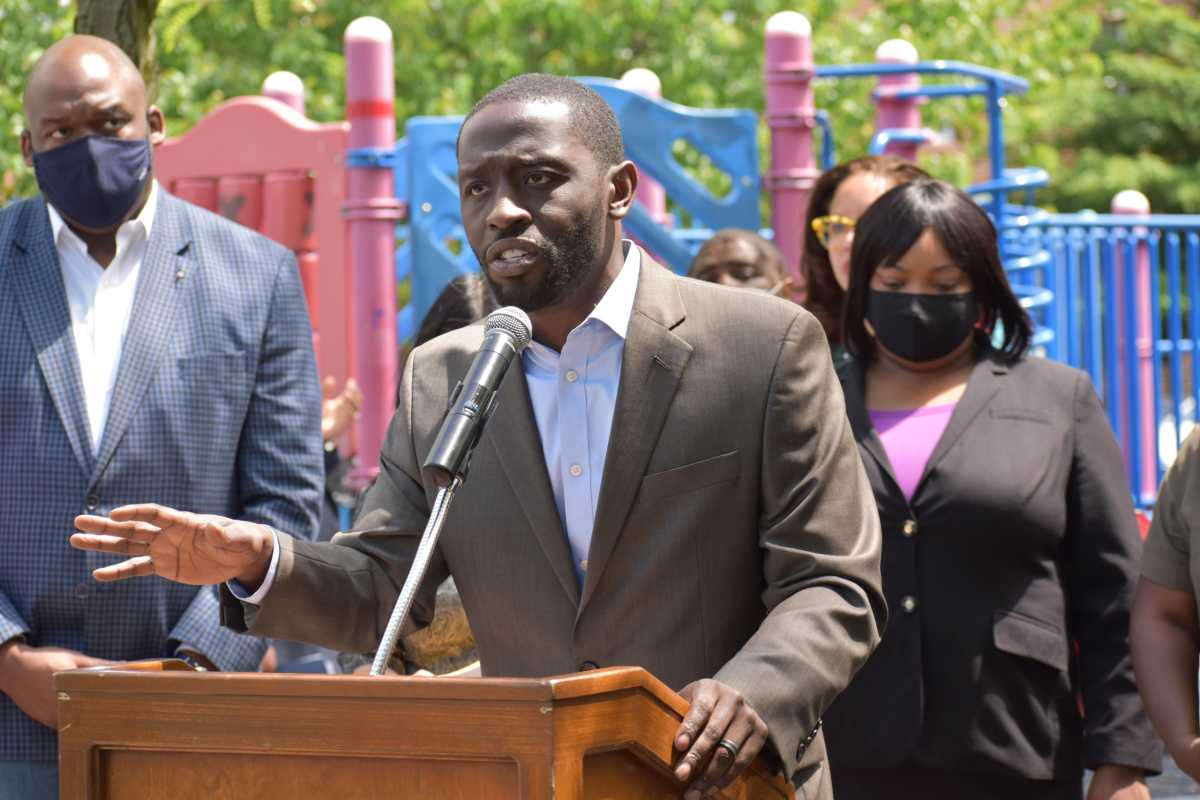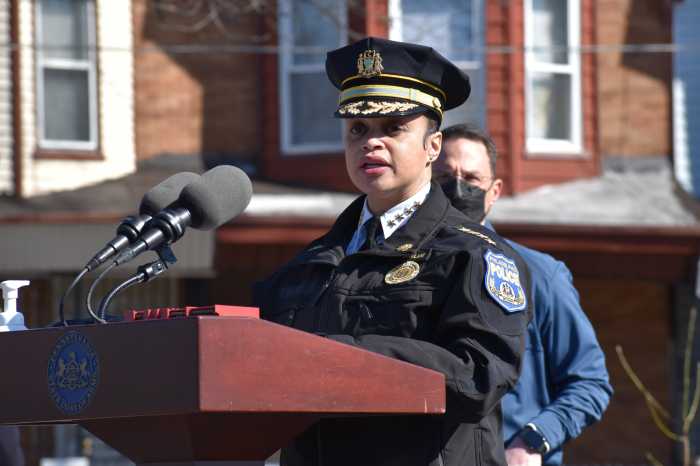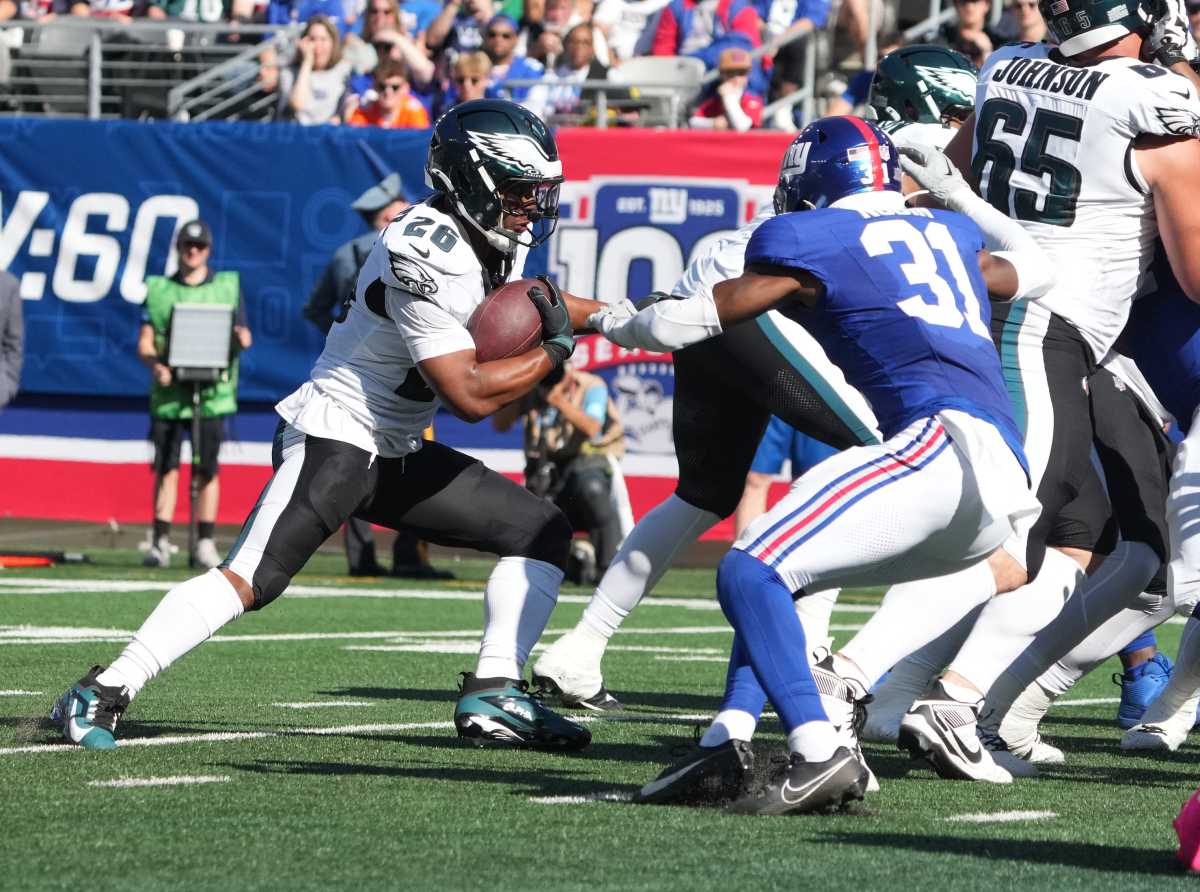Philadelphia police officers will stop pulling over drivers for minor violations in the near future after City Council voted Thursday to approve a bill intended to reduce racial disparities in traffic stops.
Mayor Jim Kenney supports the legislation and plans to implement it through an executive order. The bill breaks up vehicle violations into “primary,” or more serious, offenses and “secondary” infractions that will no longer merit a stop.
“I think this is something that is historic, that can put us in a position where we’re addressing a systemic issue that’s been plaguing Black communities, not just in Philadelphia, but all across the country,” said Councilman Isaiah Thomas, who championed the law.
Secondary offenses outlined in the bill include a broken taillight, bumper issues, outdated registration and operating a vehicle with an expired inspection or emissions sticker.
Drivers could still be fined for a minor infraction on-the-spot if they are pulled over for a primary offense, such as ignoring a stop sign, speeding or blowing through a red light. In addition, parked cars can continue to be ticketed for minor violations.
Last week, amid an uproar over loud vehicles and ‘sideshows,’ the legislation, called the “Driving Equality” agenda, was amended to move muffler and noise infractions from minor to serious offenses.
The law won’t go into effect until four months after Kenney approves it, to allow for officer education and training.
A companion bill, which was also passed Thursday, requires the police department to collect and publish detailed traffic stop data and engage in conversations with Council members and the yet-to-be-formed Citizens Police Oversight Commission about additional reforms.
Council approved the bill following about a year of negotiations, during which Thomas discussed the changes with the PPD, mayor’s office and other stakeholders.
Those opposed to the legislation have argued that the policy will restrict officers at a time of record shooting and homicide numbers.
“I don’t see any way that this bill would have a negative impact on public safety here in the City of Philadelphia,” Thomas said. “These are not things that impact public safety.”
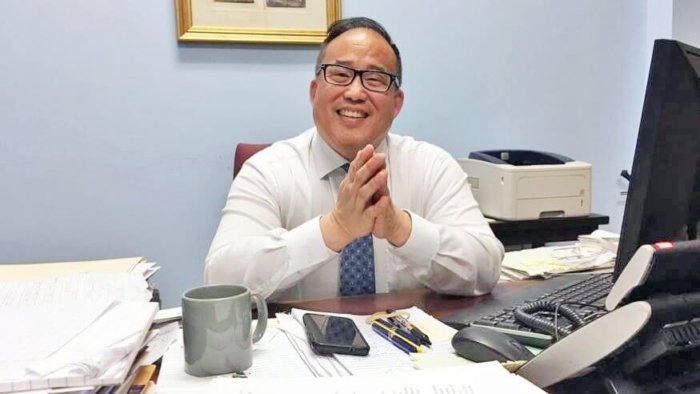
Queen Judith Robinson, a resident who testified at Thursday’s virtual meeting, agreed with the bill’s goal of closing racial gaps in policing but worried about the impact of the changes.
“With over 400 murders in this city, mostly black people — men, women and children — I really don’t want to hamper law enforcement as it relates to possibly reducing crime,” said Robinson, who identified as an African American woman.
Councilman David Oh said he believes the bill goes against state law and may be illegal. Moreover, there is “nothing wrong” with pulling over cars that violate the motor vehicle code, he added.
“It’s important that our police be able to safeguard our public highways and roads by stopping vehicles that are a danger to the public because they’re not inspected, not registered and not effectively covered by insurance,” said Oh, who voted against the legislation.
Thomas said he has consulted with attorneys from the Kenney administration and elsewhere who have told him that the city can control enforcement of state vehicle laws.
Oh “basically suggested that only Black people break the law, because only Black people are being pulled over,” Thomas responded.
Officers have pulled over nearly 150,000 vehicles in the past year, and 75% of the drivers have been Black, according to PPD Data.
In 2018, police discovered illegal guns or drugs in less than 1% of all stops and Black drivers were 34% less likely to be caught with those items, Thomas said.
The Rev. Gregory Holston, a senior advisor to District Attorney Larry Krasner, said fears over “driving while Black” are real, and he argued the bill could be a way for law enforcement to begin regaining trust with the Black community.
“I think we’ve made some broad steps with this bill to come to the reality that racism and structural racism is a reality in our police department,” Holston told Council members.
Oh and Councilwoman Cindy Bass, who voted for the legislation, expressed concerns over insurance companies possibly denying coverage for drivers involved in crashes with outdated registration or inspection documents.
Insurance should still cover those drivers, Thomas said, but he vowed to review the changes if there are unintended consequences.
“We’re going to monitor this issue and we’re going to make sure that we get it right,” he added. “And if it’s not right, we’re going to be more than prepared to go back to the drawing board and amend the legislation to be able to assure that we get it right.”

